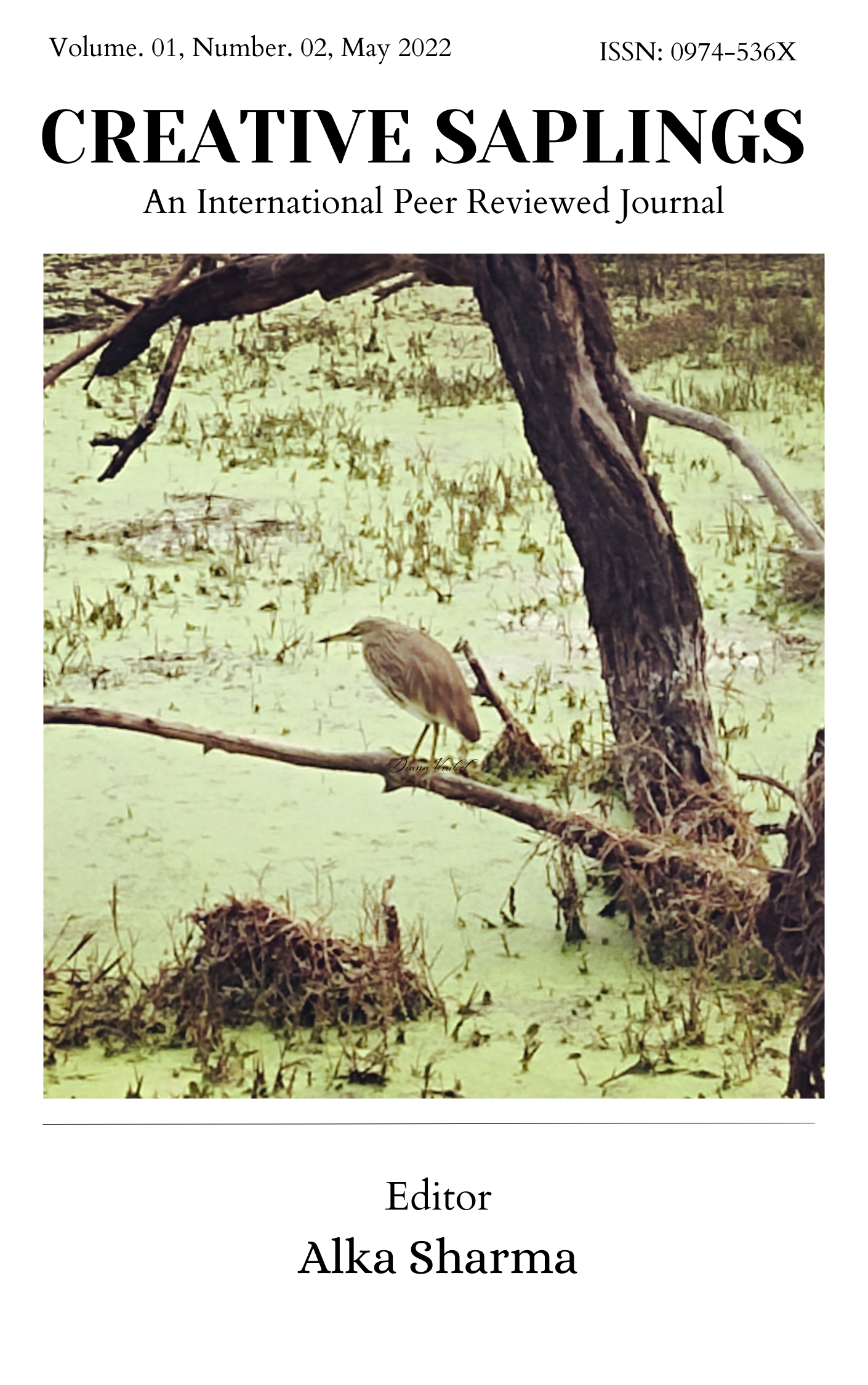A Transcendental and Eco-critical Reading of Sunil Sharma’s Political Novel The Minotaur
DOI:
https://doi.org/10.56062/gtrs.2022.1.2.2Keywords:
Nature, jungle, wilderness, transcendentalism, spiritualAbstract
Sunil Sharma is in the vanguard of the contemporary fiction written in Indian English today. He has an enormous output of short fiction and poetry as well. Basically, a Marxist-text, but multi-layered, scholars are finding his novel highly relevant to assess the power -and wealth-driven modern societies. His debut novel, The Minotaur, is a master narrative that depicts the struggling humankind, groping for intellectual answers to old existential problems of the inequity of wealth and power, justice and good governance, and, oppression of the liberals. In short, the enduring human desires for a more humane, better, fair and liveable world for everybody. The novel is divided into an epilogue, eight chapters and an afterword. The most astonishing fact is the vision of the writer towards nature and its treatment at his hands. He has found nature to be a source of profound meaning, tranquillity and knowledge. Today, when there is a revived interest and lot of discussion over the reclamation of nature from mindless exploitation by man, it can be discerned that the writer in the very first decade of the twentieth century has posited wilderness with serenity, beauty, mysticism and spirituality. Nature has been delineated as life-giving and as a timeless marvel. The current paper deals with the transcendental and eco critical reading of this seminal text. It is an attempt to analyse and trace the writer’s oblique but remarkable portrayal of the virtues manifested in nature.
Downloads
References
Works Cited:
Sharma, Sunil. The Minotaur. Jaipur: Book Enclave, 2009.

Downloads
Published
Issue
Section
License
Copyright (c) 2022 Sangeeta Sharma

This work is licensed under a Creative Commons Attribution-NonCommercial 4.0 International License.




